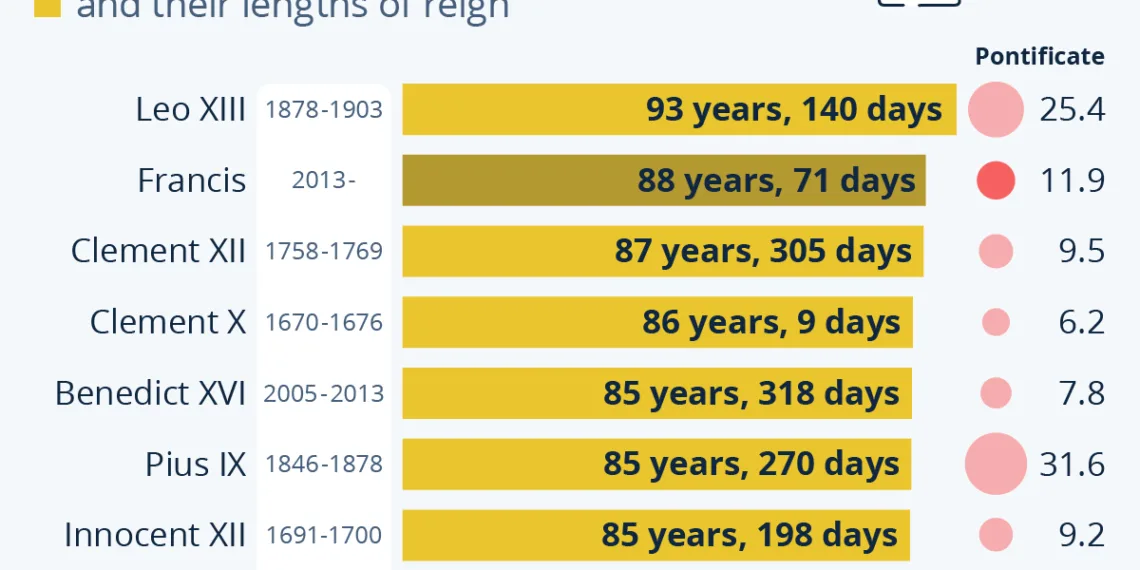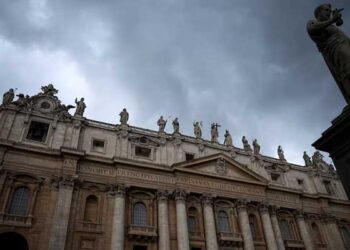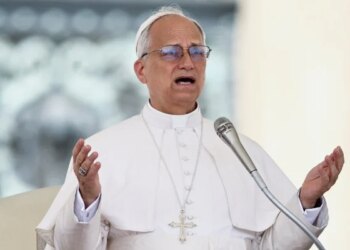Select Language:
Pope Francis: A Historical Perspective on Age and Papacy
Pope Francis, born Jorge Mario Bergoglio, is currently the second-oldest Pope in the history of the Catholic Church. His advancing age and health have brought him into the spotlight, especially as he navigates the challenges and responsibilities of leading millions of Catholics around the world.
The Age of Pope Francis
At 88 years old, Pope Francis continues in his role despite facing health challenges. Recent medical reports indicate that he is in critical but stable condition, prompting an outpouring of support and prayers from worshippers, particularly in his home country of Argentina. This situation has sparked discussions regarding the age and longevity of Popes throughout history, particularly highlighting the unique position of Pope Francis.
Historical Context of Papal Tenures
The Record Holder: Pope Leo XIII
The title of the oldest reigning Pope in history belongs to Pope Leo XIII. He served as Pope from 1878 to 1903 and notably lived to the age of 93. His papacy lasted an impressive 25 years during which he was recognized for his intellectual contributions and efforts to modernize the Church’s approach to various social issues. Leo XIII’s longevity remains a significant milestone in papal history.
The Longest Tenure: Pope Pius IX
While Pope Leo XIII holds the record for age, Pope Pius IX boasts the longest documented tenure. Serving from 1846 until his death in 1878, Pius IX’s papacy lasted over 31 years. He was a significant figure in the Church, presiding during tumultuous times that included major political and social upheaval in Europe. Pius IX led the Church until the age of 85 years and nine months, leaving behind a profound legacy.
The First Pope: Saint Peter
While modern Popes have reached impressive ages, the earliest papal record belongs to Saint Peter, who is traditionally considered the first Bishop of Rome. According to various accounts, he served for approximately 34 years, making his papacy one of the longest if longevity and the role of leadership are to be compared. Saint Peter’s foundational role in establishing the Church continues to resonate through the centuries.
The Impact of Age on the Papacy
The age of a Pope has significant implications for the leadership of the Catholic Church. A Pope in their later years may face health challenges that could affect their ability to fulfill the duties of their office. However, experience gained over decades can also bring a depth of understanding to complex issues facing the Church and its followers. In the case of Pope Francis, his age offers a blend of wisdom shaped by personal experience and a keen awareness of contemporary issues that resonate with today’s global Catholic community.
Contemporary Reactions and Gatherings
As Pope Francis’s health remains a focal point among Catholics, many congregations have begun holding masses and prayer vigils in his honor. In Buenos Aires, for instance, hundreds have gathered as a show of support and solidarity for the Pope during this challenging time. Such communal expressions highlight the deep emotional and spiritual connections that the faithful have with their leader.
Conclusion
The intersection of age and papal leadership creates a compelling narrative within the history of the Catholic Church. As Pope Francis continues to navigate his health alongside his responsibilities, the dialogue surrounding the ages of Popes past serves as a rich backdrop to the current state of the papacy. With Pope Francis now recognized as the second-oldest Pope in history, the Church and its followers are once again reminded of the evolving nature of leadership at the highest levels.






